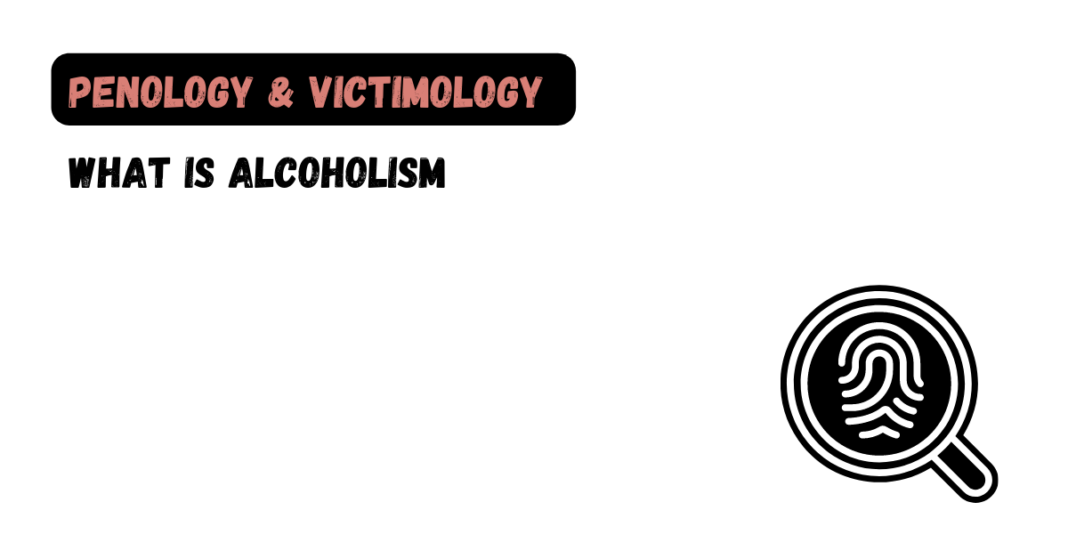Alcoholism, also known as alcohol use disorder (AUD), is a chronic and progressive condition characterized by an individual’s compulsive and unhealthy consumption of alcohol. It is considered a type of substance use disorder and is often associated with physical and psychological dependence on alcohol.
Features of Alcoholism
- Compulsive Drinking: Individuals with alcoholism have a strong and uncontrollable urge to drink alcohol, even when it leads to negative consequences in their personal and professional lives.
- Loss of Control: Alcoholics find it challenging to limit the amount of alcohol they consume. Once they start drinking, they may be unable to stop or control how much they drink.
- Tolerance: Over time, individuals with alcoholism may develop a tolerance to alcohol, meaning they need to consume larger amounts to achieve the desired effects.
- Withdrawal Symptoms: When alcoholics attempt to stop drinking or reduce their intake, they may experience withdrawal symptoms, such as shaking, sweating, anxiety, and nausea.
- Neglect of Responsibilities: Alcoholism can lead to neglect of family, work, and social responsibilities due to the preoccupation with drinking.
- Continued Use Despite Harm: Despite experiencing negative consequences, such as health problems, relationship issues, or legal troubles, individuals with alcoholism continue to drink.





